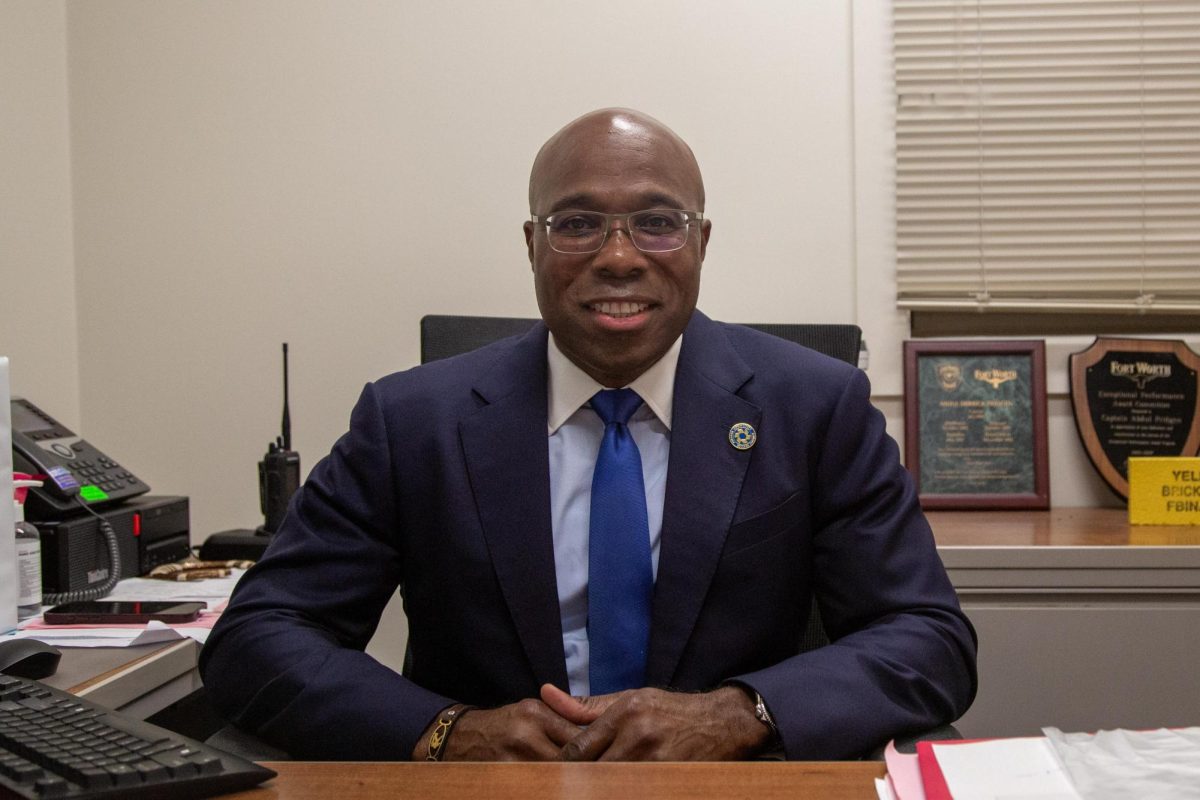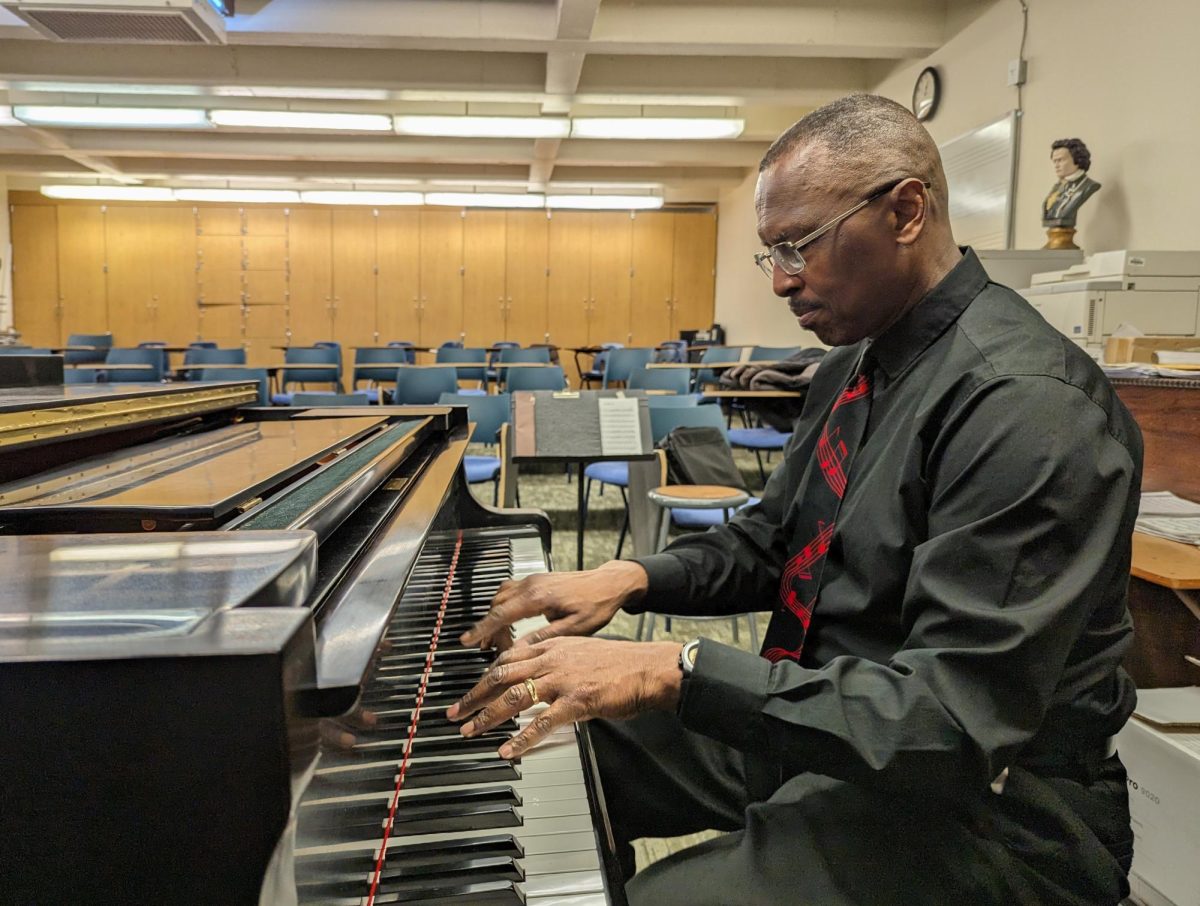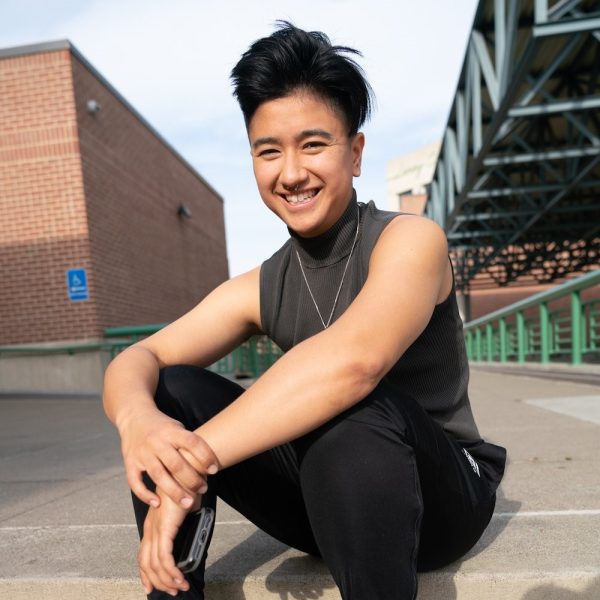The First Amendment:
Congress shall make no law . . . abridging the freedom of speech, or of the press; or the right of the people peaceably to assemble, and to petition the Government for a redress of grievances.“Hate speech generally is protected as free speech. The law is clear on that . . . There are instances where it might be unprotected – such as if it is a “true threat” or meets the legal definition of harassment. But under Supreme Court precedents the government cannot punish or exclude speech because it is hateful.”
-Erwin Chemerinsky, Dean of Berkeley Law
While an undergraduate at UCLA, I was a regular at the campus LGBT Resource Center, which sat on the edge of Bruin Plaza at the center of campus. Evangelical preachers were a common sight in the areas most heavily trafficked by students. As a young queer transgender person of color, I often walked an extra five minutes to avoid them. Sometimes the preachers, almost always men, shouted hoarse insults at students passing by, targeting women as “sluts” and hurling warnings from God about “faggots.”
Kevin Medina, who was first a grad student then a staff member at the LGBT Resource Center while I attended UCLA, is now capstone advisor for the undergraduate program at the Luskin School of Public Affairs. He said he perceived a lot of the incidents to be anti-LGBT rhetoric under the guise of religious discourse.
Already struggling under the weight of tough university classes and many with unsafe home environments and financial instability, my friends and I didn’t need more help feeling unsafe. We didn’t understand why they were allowed to harass us.
Directors and staff at the resource center told us repeatedly that, as much as they wished otherwise, these people were protected by the First Amendment.
As the Constitution stands at present, hate speech is protected speech. To say otherwise is, to use the phrase of our time, “fake news.”
“As staff, a lot of times we have to be the bearer of bad news to students in terms of, I know the impact that this is having, and it’s awful,” Assistant Director of the UCLA LGBT Resource Center Megan van der Toorn said. But “as a public institution, in a public space, right, these folks can be here and say these horrible things, and we can’t do a lot about it.”
Students retaliated by staging dramatic kisses with each other, blasting music to cover the verbal aggression, or setting “free hug” corridors that also acted as barriers between vulnerable students and antagonists. It was some consolation to see folks claiming agency despite intimidation.
Although it didn’t feel convincing at the time, a point that resource center staff repeated was that the First Amendment’s broadness was crucial to our protection as marginalized groups. In reference to free speech on college campuses, the ACLU says that restricting speech places “the power to decide whether speech is offensive and should be restrained with authority figures — the government or a college administration — rather than with those seeking to question or dismantle existing power structures.”
Whether or not the First Amendment is equitably protected is a different issue, such as the right of people to peacefully assemble. As we watch armed protestors crowd outside government buildings shouting about their right to haircuts without police response, we also remember the militant police response to peaceful Black Lives Matter protests not that long ago.
As the Constitution stands at present, hate speech is protected speech. To say otherwise is, to use the phrase of our time, “fake news.”
Peralta Community College District Chancellor Regina Stanback Stroud has said, multiple times during her six months in her position, that “hate speech is not free speech.” Most often, she has used that as justification to dismantle the open access to the district-wide FAS (Faculty Administration Staff) listserv.
When asked to clarify her statements, Stanback Stroud said she had no further comment.
Although Stanback Stroud and the district now claim that the email structure was changed for practical reasons, from her first address to faculty in January until the change itself, she has described her contempt for the district’s culture of “vitriol.”
The Citizen has made multiple requests to obtain examples of emails that violate district guidelines that were not outlined until after the change. Verbal examples given by the chancellor since she began at the district have since been argued to have been taken out of context.
Trustee Linda Handy has echoed Stanback Stroud’s language during two Board of Trustee meetings, as well as expressing anger that faculty protesting the listserv change did not address the racism spanning her 18 years at the district.
The Citizen does not believe it should be the burden of the oppressed to prove and educate others about their oppression, and also believe that as members of a public institution, district leaders should be practicing transparency so that such patterns can be addressed.
Trustee Handy has not responded to multiple requests from The Citizen to discuss particulars of the outright racism enabled by the structure of the listserv.
More clearly defining what constitutes hate speech versus threatening speech may address some of the nuances that come up on college campuses.
“Specificity always helps,” van der Toorn said. She gave the example of far-right activist Milo Yiannopoulos, who while on campus giving talks was “specifically targeting trans and undocumented students” by naming and outing them. “And so when I think about risk and safety, right, outing someone as undocumented has a huge safety risk for that person’s physical well being, for their mental well being.”
When asked to clarify her statements, Stanback Stroud said she had no further comment.
As a student publication, we at The Citizen live and breathe in conditions made possible by the First Amendment. Many of us, as members of marginalized groups, also live with the consequences of hate speech as protected speech. This type of misinformation about freedom of speech coming from our top district leadership is concerning, especially for us as student journalists.
As of now, the law clearly states that hate speech is protected speech, and to say otherwise is more than misleading; it’s dangerous.



























Michael B Reiner • Jul 19, 2020 at 3:53 pm
It is a sad state of affairs when college newspaper journalists must educate the District Chancellor on the US Constitution. I too heard Chancellor Stanback Stroud make the statement at the Board of Trustees meeting that “Hate speech is not free speech.”
Where did she get that from? The US Supreme Court is very clear on the subject. Will she next say that abortion is not a woman’s right? Is her intention to indoctrinate students to her way of thinking on this and other subjects?
While the issue of hate speech is very controversial, an educational leader of a public insitution should not mislead the public about basic American rights.
—
Michael B. Reiner, PhD, is a higher education consultant and educational researcher. Previously, he was a professor of psychology and college administrator at City University of New York (CUNY), Miami Dade College, the Riverside Community College District, and SMCCCD. He can be reached at [email protected]